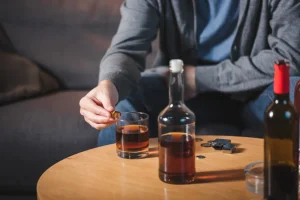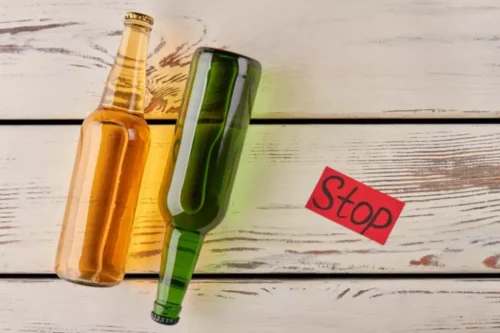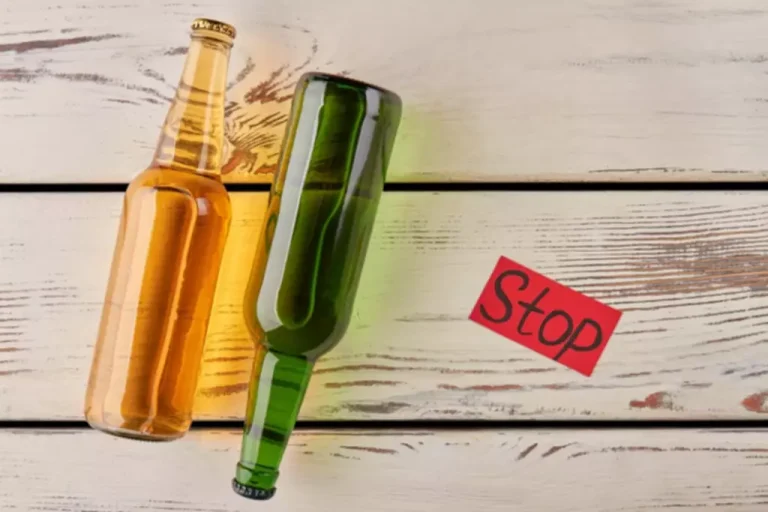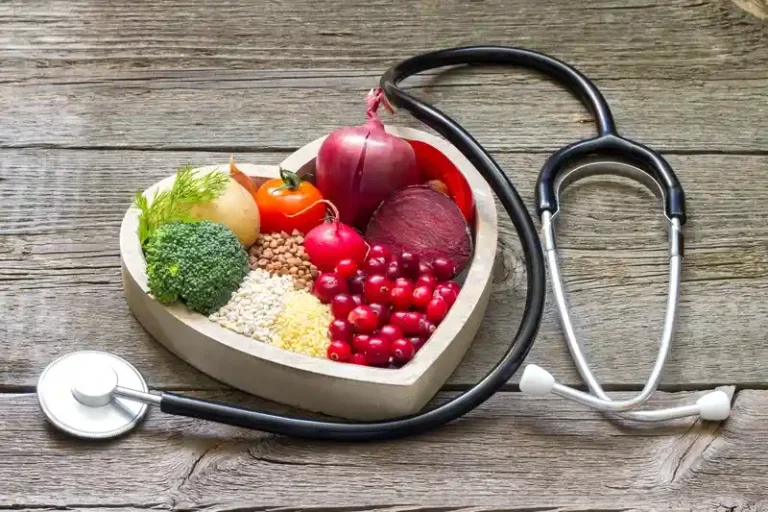
I’m also afraid of standing next to him outside where someone from my building might see me, or we might get robbed by other addicts. I’m on the verge of asking him to stop smoking inside again because I feel like he’s getting reckless about it and it’s just become something we fight about. Curious though where you draw the line between enablement and helping here though? Toxic relationships and addiction have overlapping characteristics. Both can involve dysfunctional behaviors, a lack of trust, and emotional and physical abuse. Addicts may engage in lying, alcoholism symptoms manipulation, and abusive behaviors within their relationships to protect their addiction.
- I doubt he’ll let me down.You see, I reckon this is my life with him.
- You may find yourself engaging in some toxic behaviors, including lying, cheating, stealing, and breaking the law.
- He is surprised how violent and noisy people are in the crack houses.
- Support your partner in recovery, but recognize their journey is their responsibility.
The Addict’s Relationship With Drugs
The one loving the person using substances or with challenging behaviors caused by mental disorders may have a dependent personality disorder. A dependent personality disorder is not the same as having codependent behavior. Codependency is not a recognized mental disorder by the American Psychiatric Association, and dependent personality disorder is.
What are the benefits of involving partners in addiction treatment?
- But lust can also lead to true love as we become attached to and get to know our sexual partner, and lust doesn’t always fade.
- Some of the things you already know might be skewed by the intensity of your situation.
Has being in a relationship with an addict led to you developing an addiction of your own? Being the stronger person in the relationship and committing to substance abuse treatment could end up helping both of you. Pacific Sands Recovery offers rehab programs specifically for men and women that are facing these sorts of issues here in Orange County. To maintain their habit, your partner may become dishonest, deceptive, and manipulative.
- Whether you are a spouse, parent, sibling, or other family member, you will inevitably take on a maladaptive family role as a result of the addiction or mental health problem within the family system.
- But it’s a broken relationship if active addiction is a part of it.
- This will lead to healthier changes in your addicted loved one as well.
- Luckily, for addicts who do agree to treatment, relationships may be salvageable.
What is it like being a friend with or dating a drug addict?

Fortunately, there are ways to help an addicted partner and help them recover from their addiction. But it’s important to understand that being in a relationship with an addicted person isn’t healthy. Substance abuse affects everyone who cares about the addicted person. If your partner is addicted to drugs, you and their loved ones must deal with it. When you are dating someone with an addiction, it can be easy to being in love with an addict start using drugs or drinking on a regular basis. The addict might encourage you to join in, or you may want to do it to feel closer to them.

Treatment Can Be Life Changing. Reach out today.

Some relationships do not make it when their loved one gets better. It is why we put such a significant emphasis on family recovery. When one side improves, and the other does not, it may significantly impact the outcome of the relationship, your loved one’s sobriety and recovery efforts, and any family member or loved one’s recovery. If your partner won’t commit fully to a drug and alcohol addiction treatment program, their addiction will always be their top priority over everything else, including people. But if you feel unbearable distress when they’re not around, Ruiz says that may signal what some call love addiction — an unhealthy fixation, in other words.


